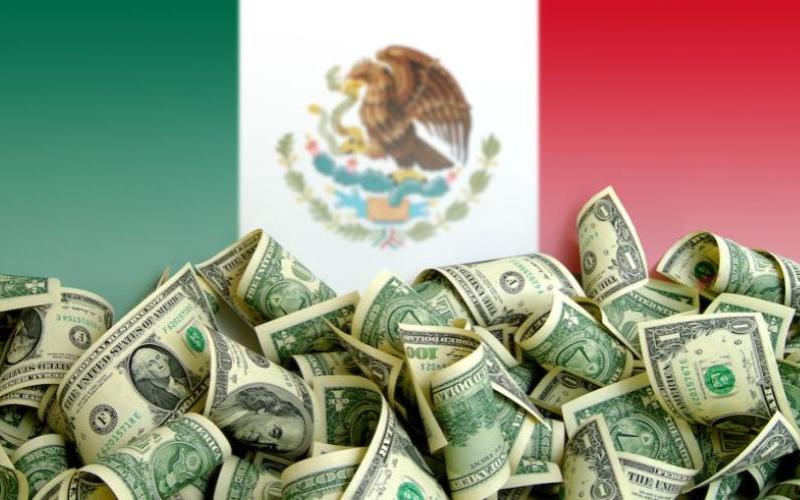Mexico Becomes the World's Second Largest Dairy Importer

Mexico has now become the second largest importer of dairy products in the world. This development is raising alarms in the agricultural sector, highlighting Mexico's increasing reliance on foreign goods to meet its internal demand. This dependency reflects the challenges faced by local milk producers, suggesting a lack of competitiveness and insufficient support for national production. Analysts indicate that this model is unsustainable and is in urgent need of revision.
The sheer volume of imported dairy, often priced lower than local production, affects the raw milk value and discourages investment in domestic dairy farms. This imbalance undermines the profitability of local producers and stifles the growth potential of the Mexican dairy industry, which could otherwise achieve self-sufficiency.
Also troubling is the economic impact, as importing such large quantities means exporting capital and failing to generate local employment opportunities. This is a lost chance for strengthening the local dairy economy and ensuring sustainable development for the agricultural sector.
For consumers, the variety and price competitiveness of imports might seem beneficial, but there is an underlying risk to national food security. Disruptions in the international supply chain could lead to shortages and soaring prices. Ensuring self-sufficiency in dairy production is an investment in future stability.
This situation calls for urgent action, urging the government, dairy companies, and producers to collaborate in boosting national production, enhancing competitiveness, and reducing import dependence, thereby establishing a robust and sustainable domestic dairy industry.










